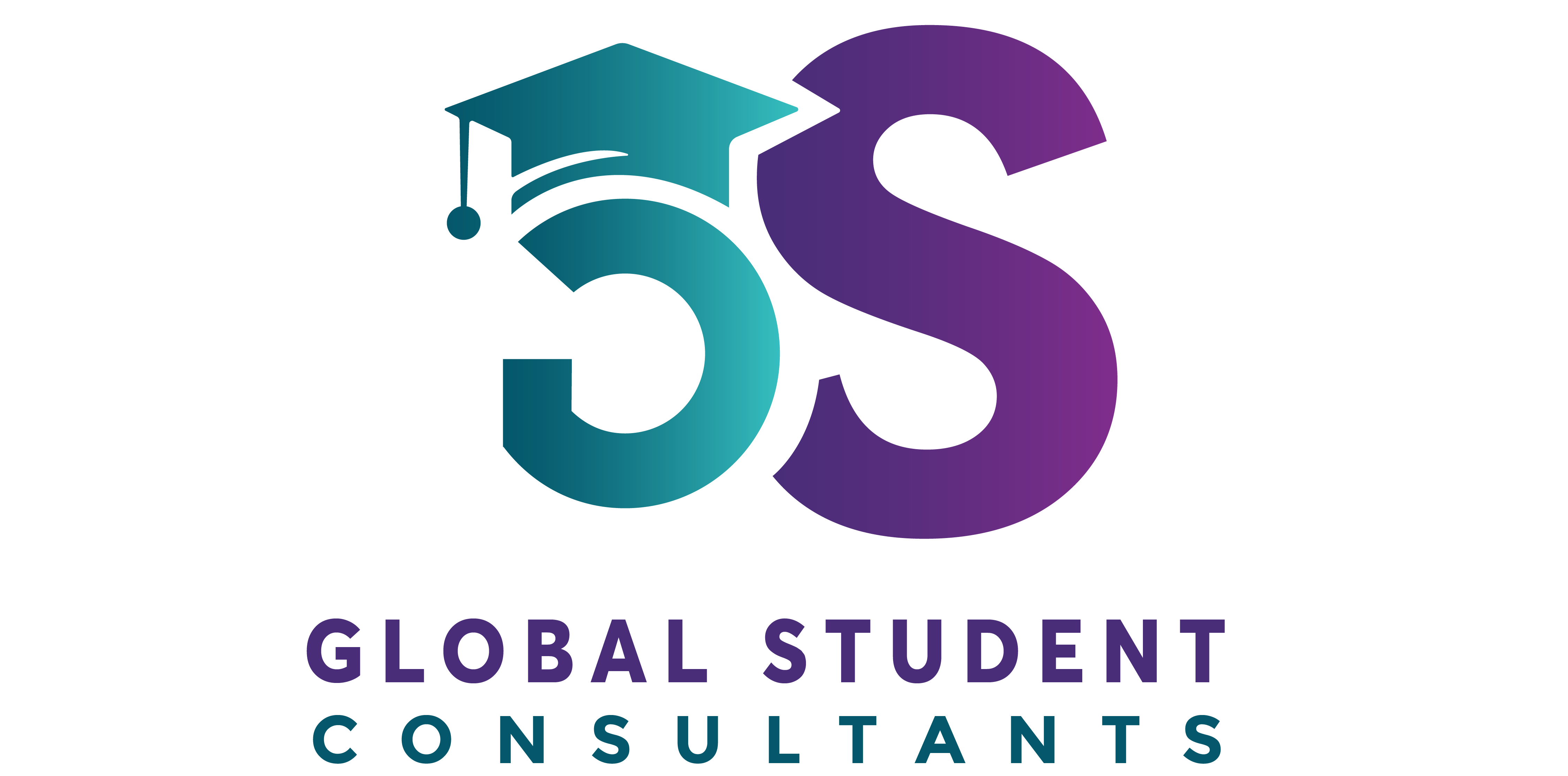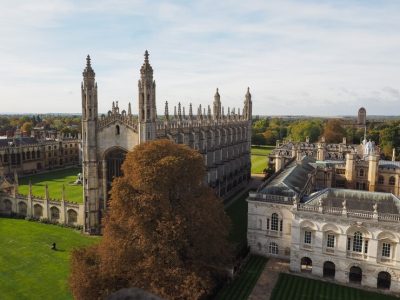Europe

Study in the Europe with Global Student Consultants
Global Student Consultants helps Pakistani students study in Europe by offering expert guidance on university selection, application assistance, and visa processing. We focus on affordable countries like Lithuania, Denmark, Belgium, Sweden, and Finland, where scholarships range from 25% to 100% based on merit. Let us guide you to success in Europe’s top universities!

Europe Intakes

January and September Intakes
These are the primary intakes for European universities, offering the perfect opportunity to start your academic journey with ample time for visa and travel preparations.

Mid-Year Intakes (April/May)
Available at select European universities, these intakes provide flexibility for students who require alternative admission timelines.

Early Planning
Start your application process early to meet deadlines and ensure a smooth visa application process for studying in Europe.
Countries We Offer

Sweden

Denmark

Belgium

Lithuania
Europe Offers Affordable Fees
European universities provide quality education at affordable rates, with opportunities for scholarships and financial aid to support international students.
Entry Requirements
Required Documents for UK University Applications
-
Passport-size photo
-
Valid passport
-
Educational documents (Transcripts and Certificates)
-
English Proficiency Test results (e.g., IELTS)
-
ID card
-
Updated CV/Resume (highlighting academic and extracurricular achievements)
-
2 Letters of Recommendation
-
Statement of Purpose/Motivation Letter
-
Work Experience Letter (if applicable for gap years)
Undergraduate Programs
-
Foundation Year: Minimum 50% academic score
-
Bachelor's Programs: Minimum 60-70% academic score
-
Language Proficiency: IELTS 6.0, TOEFL iBT 80+, or equivalent for English-taught programs. DELF B2 for French-taught programs or equivalent.
Postgraduate Programs
-
Minimum 55-60% or a 2.5 CGPA on a 4.0 scale
-
Research Proposal or Portfolio (if required by specific programs)
-
Language Proficiency: IELTS 6.5, TOEFL iBT 90+, or equivalent for English-taught programs. DELF B2/C1 for French-taught programs or equivalent.
Application Process

Submit Your Application
Complete your application with all required documents, including transcripts, language test scores, and recommendation letters.

Receive a Offer Letter
Wait for the university to process your application and issue a conditional offer outlining the requirements.



Meet the Conditions
Fulfill any conditions specified in the offer, such as providing final transcripts or meeting language proficiency requirements.

University Interview
Attend and successfully complete the university interview if required for your chosen program.



Pay Initial Deposit
Universities may request an initial deposit, which secures your spot and is directly paid to the university. If your visa application is rejected by the embassy, the deposit will be refunded.

Visa Support Documents
Once all steps are completed, the university will issue the necessary documents to support your visa application.



Europe Study Visa Application
Apply for your study visa at the designated embassy or visa center to finalize your preparations.
What services does Global Student Consultants offer?
We provide expert guidance for students aspiring to study abroad. Our services include:
- University and course selection
- Application submission and guidance
- Visa application assistance
- Scholarship and financial aid guidance
- Pre-departure counseling
Which countries can I study in through your consultancy?
We specialize in assisting students in studying in Europe, with countries like Lithuania, Denmark, Belgium, Sweden, and Finland as popular destinations.
Which European countries have the cheapest fee structures?
Lithuania, Cyprus, and public universities in France are among the most affordable options in Europe, offering quality education at low tuition fees.
How can I apply to study abroad?
Our process includes:
- Consultation to understand your goals and preferences.
- Shortlisting universities and programs.
- Document preparation and application submission.
- Guidance for interviews.
- Visa application support.
Are scholarships available for international students?
Yes, many universities offer scholarships based on academic merit, financial need, or specific achievements. Contact us for more details on how to apply for scholarships.
What language proficiency tests are accepted?
Commonly accepted tests include:
- IELTS
- TOEFL
- PTE Academic
- DELF/DALF (for French-taught programs)
Can I get admission with an English Proficiency Letter instead of IELTS
Yes, some universities in France, Lithuania, and Cyprus accept an English Proficiency Letter from your previous institution. Requirements vary, so consult us for details.
What is the visa success rate for Europe
Once you receive a university offer letter the chances of visa rejection are negligible.
What is the minimum bank statement required for a Europe
The minimum bank statement required is 20 to 25 lakh PKR, depending on the country and university requirements.
How early should I start the application process?
We recommend starting the process at least 6-12 months before your intended intake to allow sufficient time for applications, visa processing, and travel arrangements.
Step Into Success!
Global Student Consultants guides you from application to securing your European visa and admission. Start your journey to
world-class education today!



